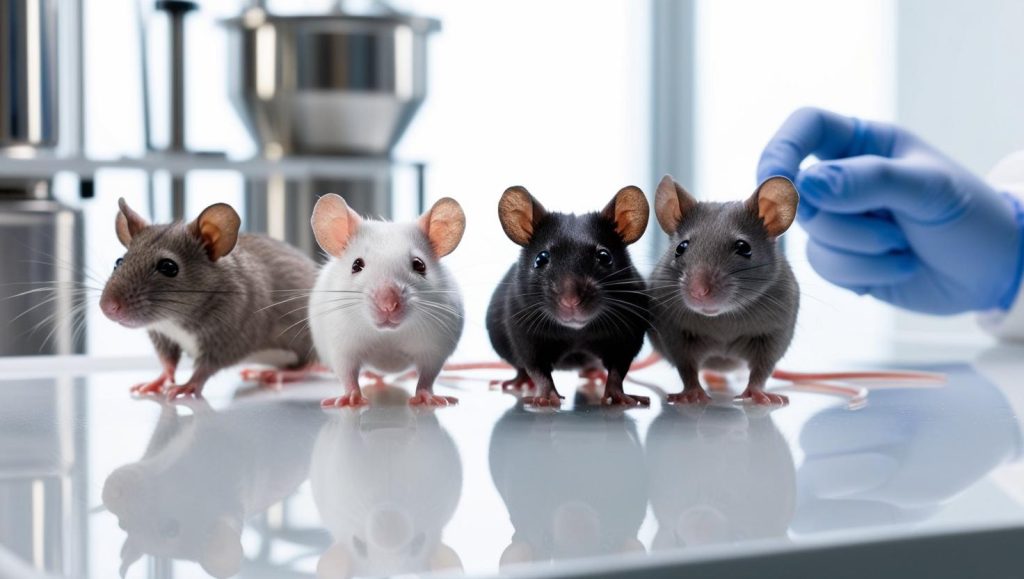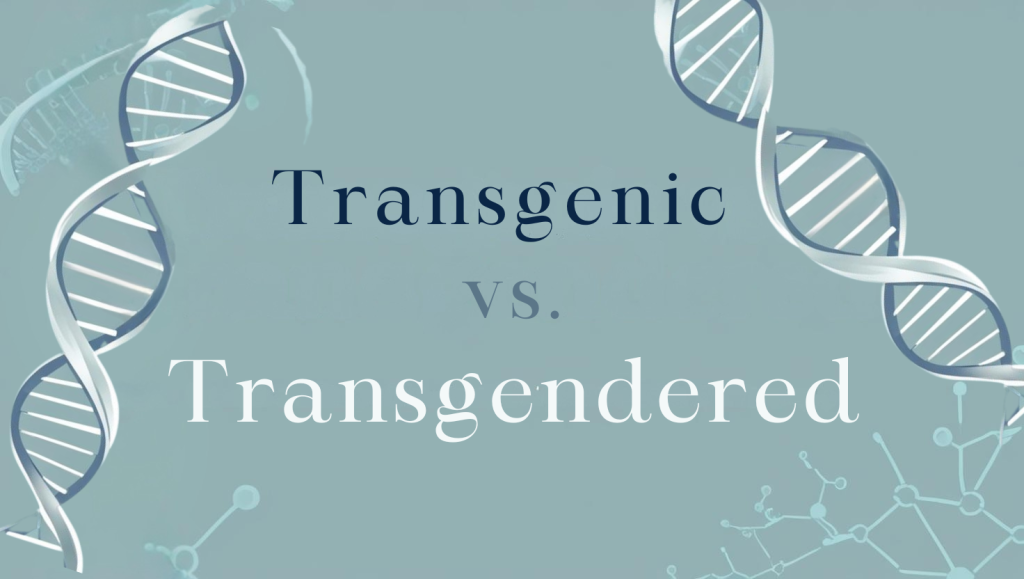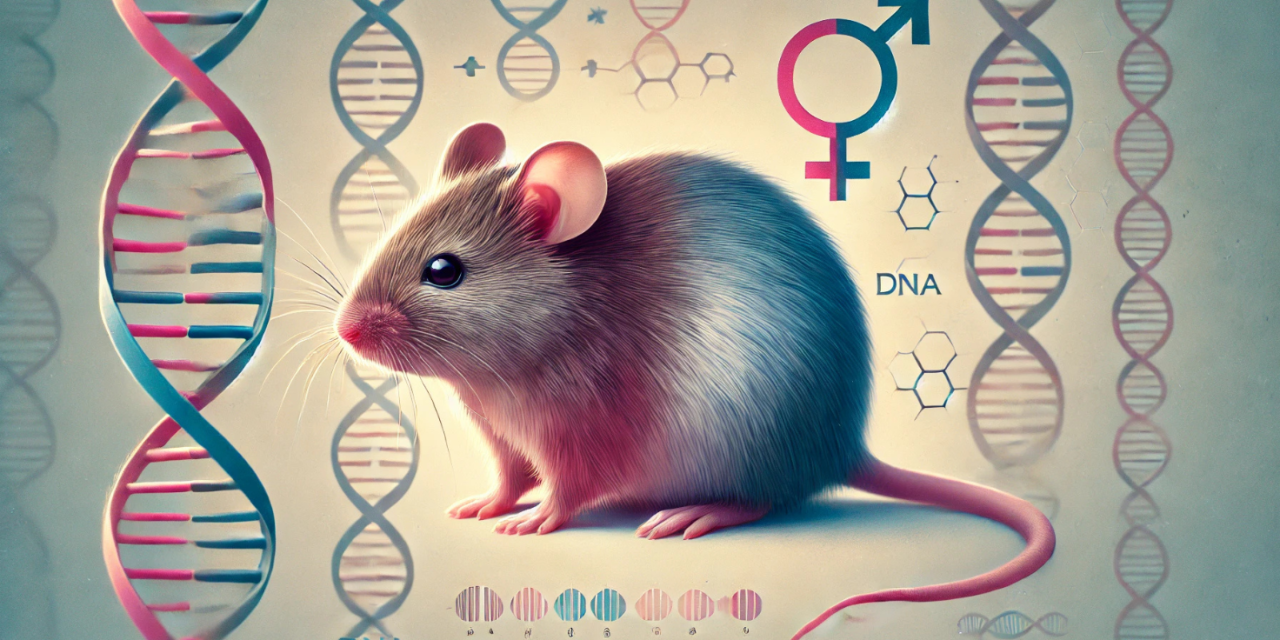Do Transgender Mice Exist? Understanding the Confusion with Transgenic Mice Experiments
In recent online discussions, the idea of “transgender mice” has sparked curiosity and controversy. Some claim that scientists are conducting experiments on mice related to gender identity, while others argue that the term is being misinterpreted. So, do transgender mice actually exist, or is this a misunderstanding of scientific research?
The answer lies in distinguishing transgender identity from transgenic experiments, a field of genetic research often confused with discussions about gender. Let’s break down the facts.
What Does “Transgender Mice” Mean?
In human terms, being transgender refers to a person whose gender identity differs from the sex they were assigned at birth. This is a social and psychological identity rather than a biological alteration.
In the animal research world, there is no scientific study explicitly creating or studying “transgender mice” in the way that some online discussions suggest. Instead, confusion arises due to studies in genetics, endocrinology, and reproductive biology that involve altering hormone levels or genes in mice—none of which are about gender identity.
The Real Research: What Are Transgenic Mice?
The more likely source of confusion is transgenic mice, which are genetically modified for scientific research. Transgenic mice are animals that have had genes inserted, deleted, or altered to study diseases, biological processes, and genetic functions.
These modifications can affect:
- Hormone production (which may impact reproductive traits)
- Sex determination genes (to study fertility or developmental biology)
- Brain development and behavior
Because of this, some studies may alter sex characteristics in mice to understand medical conditions such as hormonal disorders, intersex traits, or reproductive health. However, this is not the same as creating “transgender mice.”

How Hormones and Genetics Play a Role in the Confusion
Some experiments on mice involve modifying hormone levels or changing genes that influence sex characteristics. This can result in male mice with female-typical traits or vice versa. But again, this is not about gender identity—it’s about biological research.
For example:
- Hormone studies: Scientists may administer estrogen or testosterone to mice to study how hormones affect development, metabolism, or disease progression.
- Sex chromosome research: Some experiments alter the Sry gene, which determines male development in mammals, to study genetic disorders.
- Neuroscience studies: Researchers may explore how hormones influence brain function and behavior, but these do not equate to an exploration of gender identity in animals.
Why Are People Confusing Transgenic Mice with Transgender Issues?
Several factors contribute to this misunderstanding:
- The word “trans” – The prefix “trans” appears in both transgenic (genetically altered) and transgender (a gender identity), leading to mix-ups in casual discussions.
- Social media oversimplification – Complex scientific studies are often misinterpreted or taken out of context in viral posts and memes.
- Political and cultural debates – Discussions about gender identity in humans often get intertwined with unrelated scientific topics, leading to misleading narratives.

Are Scientists Studying Gender Identity in Animals?
While scientists study hormonal influences on behavior, there is no direct scientific research on “transgender identity” in mice because gender identity is a complex, human-specific experience that involves social, psychological, and cultural factors.
However, studies on mice can provide insight into:
- The role of hormones in brain development
- How genetic and environmental factors shape behavior
- Medical conditions related to hormone imbalances
These studies are conducted for medical and biological research rather than to explore animal gender identity.

Final Verdict: Do Transgender Mice Exist?
The short answer is no, transgender mice do not exist in scientific research. The confusion comes from transgenic and hormonal research, which involve altering genes or hormones for medical studies, not for gender identity exploration.
While scientists may alter sex characteristics in mice for research purposes, this is not the same as mice having a gender identity. Gender identity is a human experience that cannot be applied to laboratory animals.
Understanding this distinction is important to separate scientific research from social discussions and prevent misinformation from spreading.





















